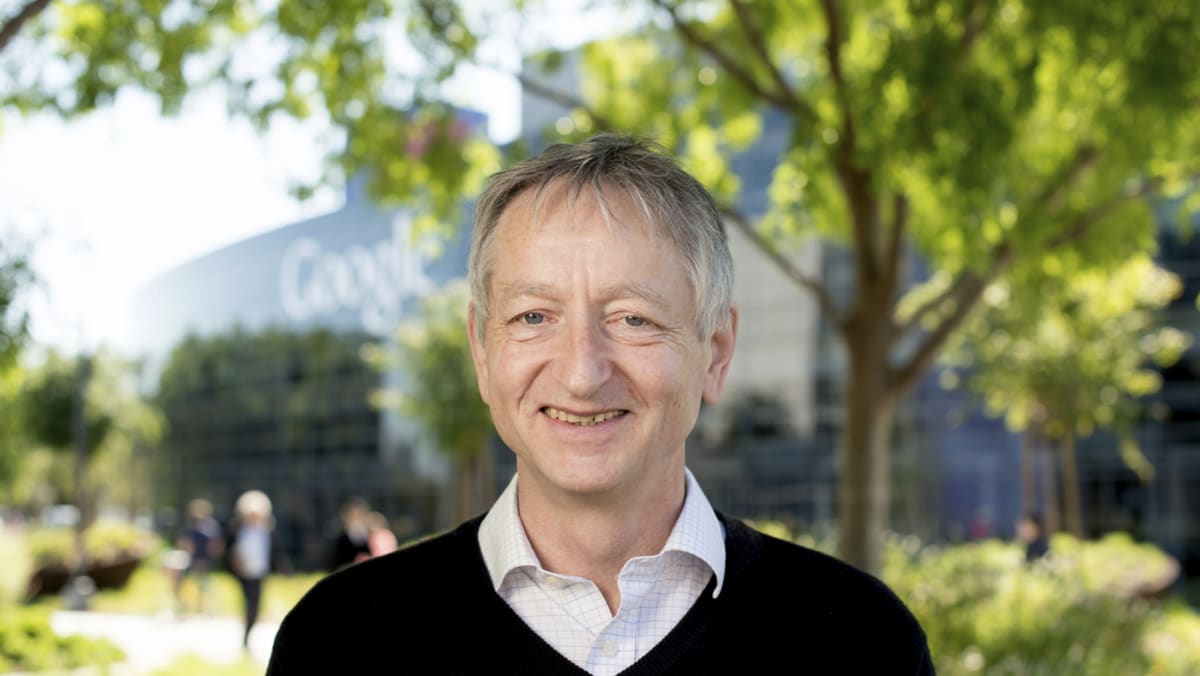Commentary: AI’s ‘godfather’ should have spoken up sooner
CULTURE OF FEAR
While Hinton’s prominence in the field might have insulated him from blowback, the episode highlights a chronic problem in AI research: Large technology companies have such a stranglehold on AI research that many of their scientists are afraid of airing their concerns for fear of harming their career prospects.
You can understand why. Meredith Whittaker, a former research manager at Google, had to spend thousands of dollars on lawyers in 2018 after she helped organise the walkout of 20,000 Google employees over the company’s contracts with the US Department of Defense. “It’s really, really scary to go up against Google,” she tells me. Whittaker, who is now CEO of encrypted messaging app Signal, eventually resigned from the search giant with a public warning about the company’s direction.
Two years later, Google AI researchers Timnit Gebru and Margaret Mitchell were fired from the tech giant after they released a research paper that highlighted the risks of large language models, the technology currently at the center of concerns over chatbots and generative AI. They pointed to issues like racial and gender biases, inscrutability and environmental cost.
Whittaker rankles at the fact that Hinton is now the subject of glowing portraits about his contributions to AI after others took much greater risks to stand up for what they believed while they were still employed at Google. “People with much less power and more marginalised positions were taking real personal risks to name the issues with AI and of corporations controlling AI,” she says.
Why didn’t Hinton speak up earlier? The scientist declined to respond to questions. But he appears to have been concerned about AI for some time, including in the years his colleagues were agitating for a more cautious approach to the technology.
A 2015 New Yorker article describes him talking to another AI researcher at a conference about how politicians could use AI to terrorise people. When asked why he was still doing the research, Hinton replied: “I could give you the usual arguments, but the truth is that the prospect of discovery is too sweet.” It was a deliberate echo of J Robert Oppenheimer’s famous description of the “technically sweet” appeal of working on the atomic bomb.
For all the latest world News Click Here

